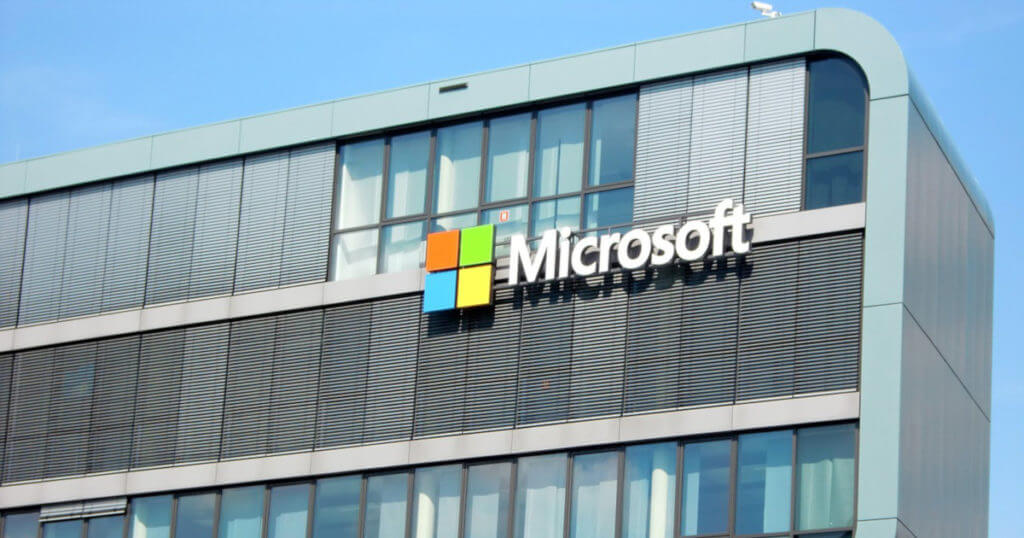Satya Nadella and company in a brilliant stroke of insight have finally brought the power tools the Unix and Linux communities have relied on for decades to the Windows 10 platform. Reportedly this is not just tools that “do something similar” but actual native Ubuntu binaries running directly on Windows 10.
On our Slack channel the ActiveState Team reacted to the news:
“HOLY MOLY”
“Wowza. Rethink required.”
“Just realized it’s pretty close to April 1st.”
“I hope this means we get some POSIX in Windows.”
“If their system can run Linux binaries, then anything could be fair game in the long run.”
“This is a total game-changer.”
“Whatever else this is, it’s likely a cygwin-killer”
“Real tools. Yeah it’ll probably get to Windows Server if they’re smart”
Now you should realize at ActiveState we support an incredible number of platforms and architectures across our language and development tool products. So anytime you are gaining the advantages of one operating system by dropping it into another, it’s quite an event. It’s almost as though Windows just gained operating system multiple inheritance. Of course it remains to be seen just how this will turn out, but it really appears that it is in fact bash and the rest of its friends. On the surface this is a huge win for the windows developer community long stuck with batch and powershell mediocrity, (an informative and humorous look is here). The existing workarounds such as Cygwin and other projects to bring CLI mainstays such as curl, Perl, sed, grep and others were, well, awkward (see what I did there). They just weren’t native Linux.
This appears to make Windows a first-class development environment for the first time in its history. One really interesting idea is that for a whole class of applications, you would no longer need to ship a Windows version for Windows 10 and beyond. Simply make Ubuntu part of the installer, ship the Ubuntu version…and voila! It would be automatically supported. I imagine that all command line development tools, server orchestration, web apps, software-defined networking and other CLI-centric apps would work for this. Essentially anything without a native GUI. Although, until we have it in our hands for early testing it’s all just conjecture, but on the surface…pretty intriguing.
With Windows finally fixing one of their long-standing developer weaknesses you could say they are no longer….bashful…perhaps even Bourne Again?! Sorry Microsoft, couldn’t resist.
Title image courtesy of Efes Kitap on Pixabay.

ActiveState Hits Critical Coverage Milestone for Java Support, Reinforcing Leadership in Intelligent Remediation for Vulnerability Management
With comprehensive Java coverage at 13M+ in its curated OSS catalog driven by on-demand catalog expansion, ActiveState further expands its industry-leading catalog of secure open source components. Vancouver, BC –





